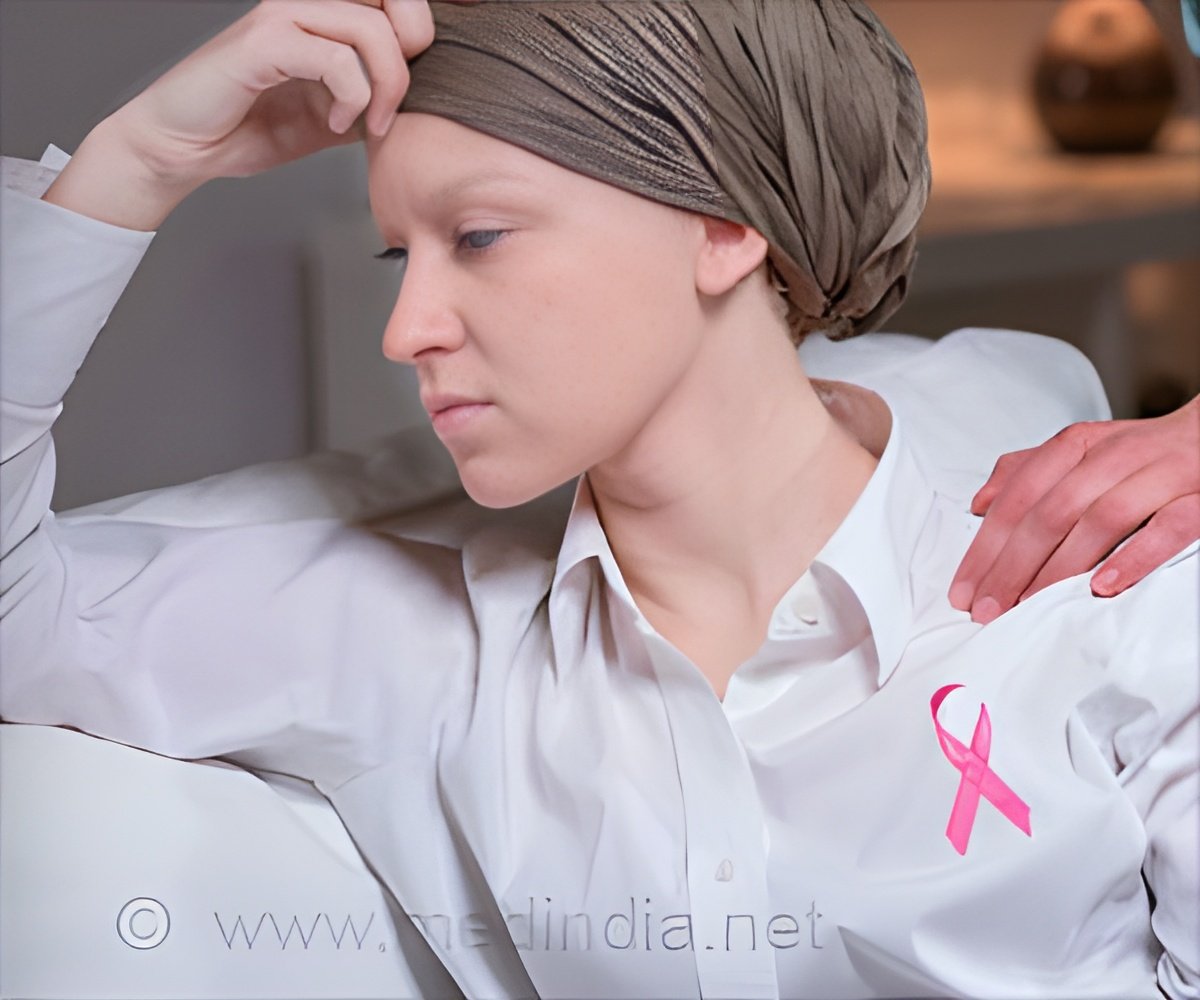
‘Telehealth system can provide remote and personalized healthcare to patients. The majority of cancer survivors found teleheath to be beneficial.’
Tweet it Now
Having examined studies which reported cancer patients' direct views on their experience of telehealth, the researchers led by Dr Anna Cox found that the majority of cancer survivors found the use of telehealth to be a positive and worthwhile experience.Cancer survivors who had used telehealth reported their appreciation of the flexibility and convenience of the programme which enabled them to engage with healthcare providers with minimum disruption to their lives and in a comfortable, familiar environment.
The research also found that the invisibility and perceived anonymity that telehealth provided reduced cancer survivors' sense of vulnerability and in some cases enabled them to raise concerns remotely that they would not have wanted to discuss face-to-face.
There were some aspects of telehealth that cancer survivors liked less. For example, some survivors viewed telehealth as an impersonal service which did not allow them to meet their healthcare team in person. Other survivors were unable to engage with the service due to particular personal circumstances such as hearing issues (in a telephone-based intervention), or lack of computer literacy skills (in computer-based studies).
Dr Anna Cox, from the School of Health Sciences said: "On World Cancer Day it is important that we raise awareness of this serious illness and consider the impact of alternative models of care on cancer survivors.
Advertisement
"For many cancer survivors, telehealth supported their independence and offered them reassurance. However it is all down to personal preference, as some cancer survivors still preferred traditional methods of care.
Advertisement
Source-Eurekalert














